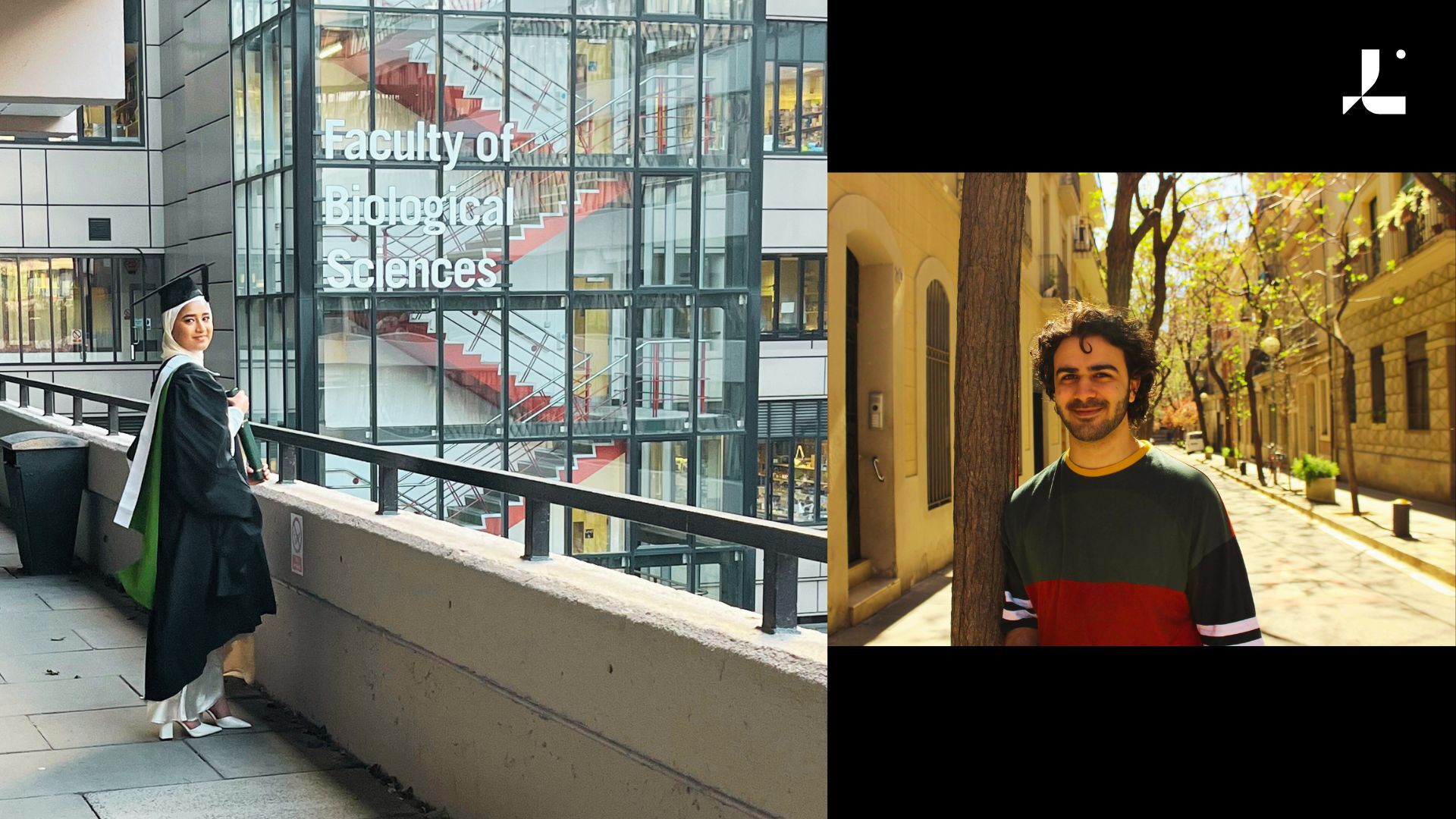Ledidi provides innovative SaaS solutions for health research and analysis, and Matt and Mayesha would evaluate the platform’s utility in the real-world clinical and biomedical research challenges.
Easy-to-use research software a rare find for students
For Matt and Mayesha, however, the journey with Ledidi wasn’t just an academic endeavour. Their motivation came from prior frustrations with current data analysis softwares. Mayesha had often encountered challenges and frustrations from using traditional analytical tools throughout her studies. Matt shares that he “found it frustrating to get to grips with analysis software during my undergraduate degree.” The sentiment is widely resonated amongst their peers, leading to a collective sense of dissatisfaction with the data analysis process, according to Mayesha. This is worrying, because the world needs more young people interested and skilled in STEM fields in order to achieve new scientific discoveries.
Their frustration turned into motivation as they pursued projects with Ledidi, allowing them to explore and understand how intuitively designed research software solutions could potentially reshape the perspectives and experiences of students and researchers. “The aim for me was also to rekindle interest and enthusiasm among students in the field of data analytics”, Mayesha commented.
Ledidi Core proved beneficial in research projects
Through their projects, they evaluated Ledidi Core against common use cases and challenges in life sciences and clinical research. Matt focused on clinical research and Mayesha on life sciences research. Their findings affirmed Ledidi Core's potential in life science fields, driven particularly by Ledidi Core’s ease-of-use, security, and data standardisation capabilities.
Matt remarked that Ledidi Core performed very well when used to answer clinical research questions. He comments: “The ease-of-use could be transformative in the NHS system as it would lower the barrier to entry of data analysis, allowing more NHS staff to become engaged with healthcare analytics which could push the industry forward. This would also help alleviate the huge undertaking of “upskilling” the NHS workforce’s digital skills”.
Reflecting further, he adds “Additionally, the end-to-end functionality of Ledidi Core which covers the entire data management process from data capture to visualisation helps to keep the data formatting consistent throughout to ensure tidy data that is suited for analysis.”
A better alternative to Excel and traditional tools
Mayesha reflected that Ledidi Core was able to alleviate many of the challenges in life science research compared to traditional tools. She commented that Ledidi proved to enhance data management and streamline the analysis procedure by reducing the time and labour needed to explore datasets. “The click-of-a-button analysis showcased Ledidi Core’s easy-to-use interface which is beneficial for everyday use by researchers to explore and gain understanding of data, as well as addressing the challenges of bridging the skills gap prevalent in this area of life science”, she commented. She also observed that, despite having significantly more prior experience with Excel, she found herself leaning towards analysing her data in Ledidi Core first before attempting to analyse them in Microsoft Excel.
Reflecting on the project, Mayesha said "The enthusiasm and interest generated by Ledidi Core underscored its potential to make a significant impact in academic research". Matt recalls a particular episode to underscore this point. They were asked by a professor to analyse a new dataset that contained data from a microarray assay which measured the fold change of thousands of proteins in a single patient. When they returned the analysed dataset to the professor just two hours later, the professor was amazed and proclaimed that it was the fastest that she had ever received results back from analysis.
Andreas Landsverk, Director of Partnership at Ledidi, supervised the students on their projects. “It was a pleasure to supervise with Matt and Mayesha as they worked their way through the intricacies of data analytics, regulatory requirements, technology adoption and analysis challenges and much more in their papers. It was also a lot of fun to watch their learning curves as they put Ledidi Core to the test. The few limitations they uncovered in our solution are also perfectly valid and have inspired our product roadmap”.
Ledidi would also thank the University of Leeds and professor Chi Trinh for their support throughout the project.
